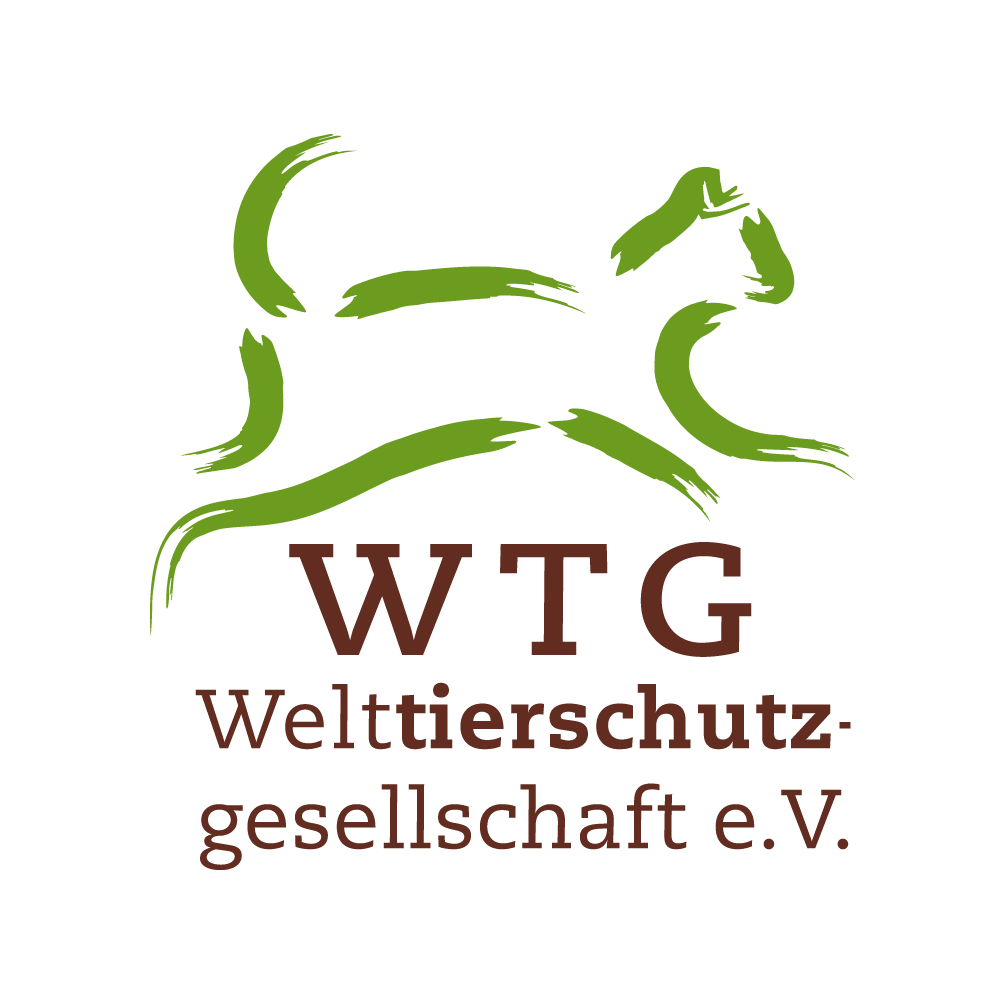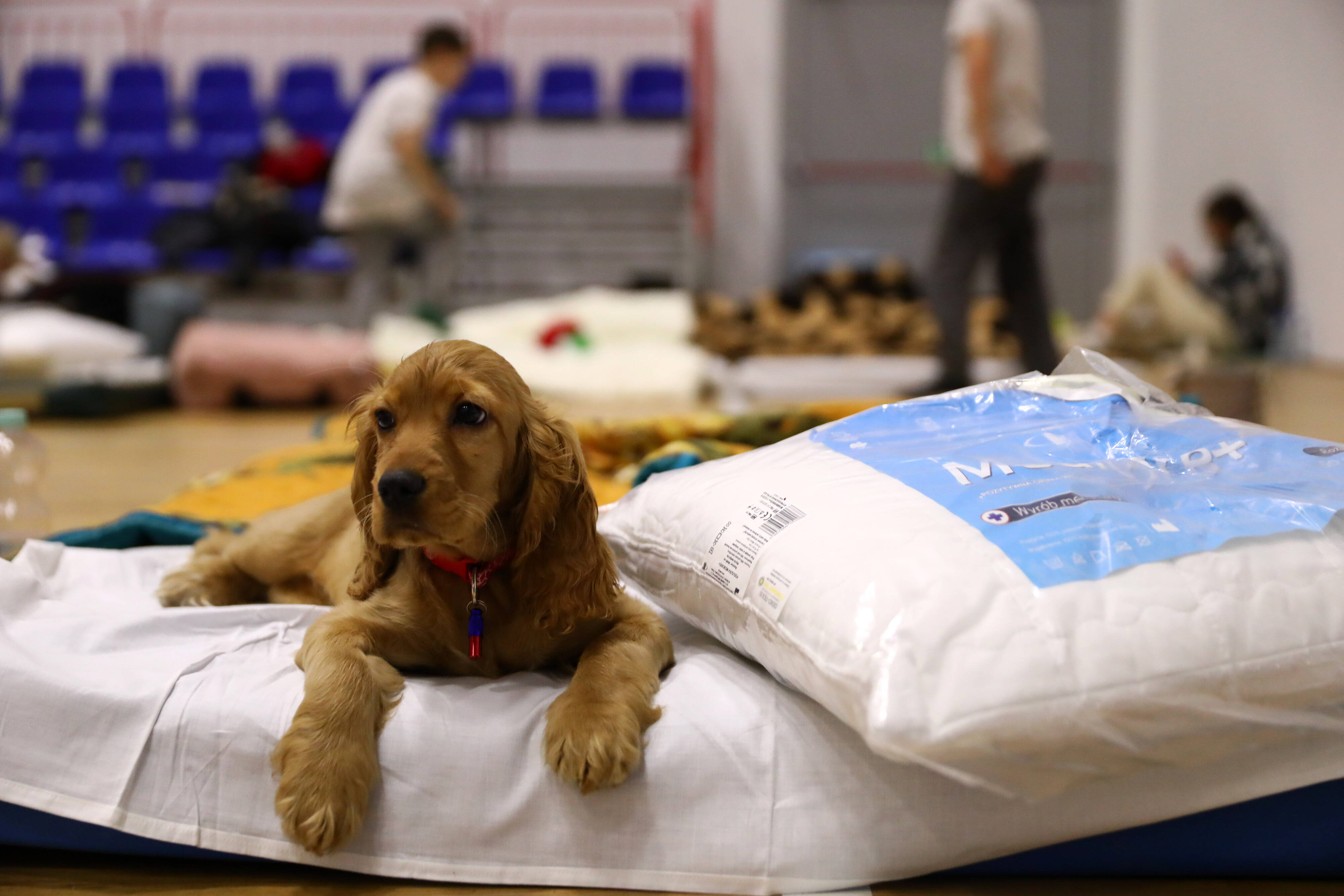Fleeing from the Ukraine with pets
Note: We are constantly updating this article. You can find the information in the following languages here:
»deutsch, »English, »український, »русский, »Polski, »Română, »slovenský
Several million people are already fleeing from the war in the Ukraine and with them many beloved pets. To ensure the entry of the countless animals to Europe, the neighboring countries and some other states have already adapted their regulations.
Learn more about the current state for the entry of animals from Ukraine into the EU in this article:
People and animals need each other now more than ever!
Normally, entry with pets from Ukraine – a so-called non-listed third country – to member countries of the European Union is subject to certain regulations in accordance with EU Regulation (EU)576/2013. In peacetime, these include the minimum age of the animal of fifteen weeks and a valid rabies vaccination that is at least 21 days old.
After decades of fighting the virus, the EU is now considered rabies-free. Rabies is one of the most dangerous infectious diseases worldwide and is life-threatening for animals and humans. The virus is transmitted through the saliva of an infected animal and is usually fatal. To date, the most effective means of preventing the outbreak and spread of rabies has been preventive vaccination.
However, in the face of violence, the measures against rabies should not interfere with the escape from Ukraine. What matters now is to enable people and animals to cross the border quickly through uncomplicated measures and to ensure the protection of the animals on safe ground.
In situations like the current one, the countries are given more leeway to loosen bureaucratic rules. Among other things, this also applies to the organization of necessary isolation if the animals have not yet been vaccinated against rabies when crossing the border. The European Commission clearly recommends its member states to remove the bureaucratic hurdles at the border crossings from Ukraine and only to implement the rules on safe ground! The obligation to isolate remains an important measure to protect animals and humans as well as possible, even in times of crisis.
Regulations for the entry of pets with their owners from Ukraine:
The important and correct adjustments have already been made in many countries. Exemptions for entry of pets into the EU from Ukraine:
- Animals are allowed to enter the country without documents, identification and vaccination.
- In most cases, owners must fill out a registration form upon entry, which is provided by the local authorities on site or on their websites. Here, information about the animal is recorded and – depending on the vaccination and health status of the animal – a fixed registration and contact address needs to be entered.
- Any necessary veterinary measures, such as rabies vaccination and subsequent isolation of up to 21 days, are determined and ordered after entry. For this, the animal owner must contact the respective local veterinary authority of the country. The measures can be fulfilled at a place approved by the competent authority or, if already known, at the destination of its owners.
- In the case of transit, the veterinary measures mentioned must be taken in the destination country.
The situation at the borders is still very unclear at the moment and the exact implementation varies from country to country.
Important:
- The exception rules presented here currently only apply to pets that accompany their owners – strays and shelter animals are excluded. You can find all the background information in our article “Exception rules for entry into the European Union” – in German.
- It is not possible to give a general answer as to whether the exceptional rules presented here also apply to carriage by plane, since each airline has its own transport conditions. The relevant information must be obtained directly from the respective airline.
Below you will find more detailed information on the procedures of the respective Ukrainian neighbouring countries as well as other European states such as Germany – including links to the necessary forms and authorities:
Dear animal owners …
We at the Welttierschutzgesellschaft stand firmly by your side and work tirelessly to provide help: With the support of animal-loving people who contribute funds to the WTG Emergency Relief Fund, we are building support for local animal welfare organizations. They ensure the reception of animals at the borders to Ukraine and beyond, e.g. by issuing EU pet passports, chipping and registering your animal(s), vaccinating against rabies and ensuring individually necessary quarantine measures.
More information (in German only): www.welttierschutz.org/standwithukraine.

